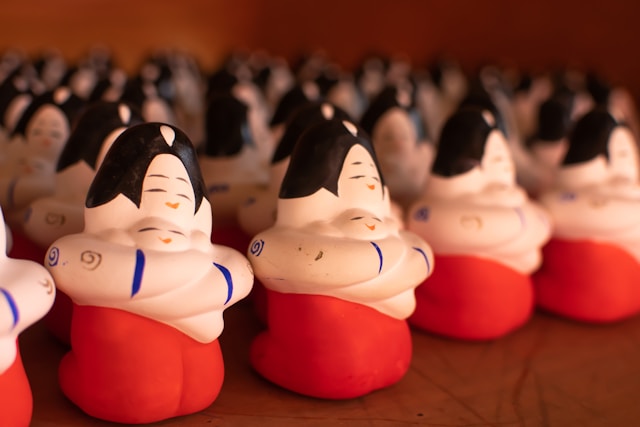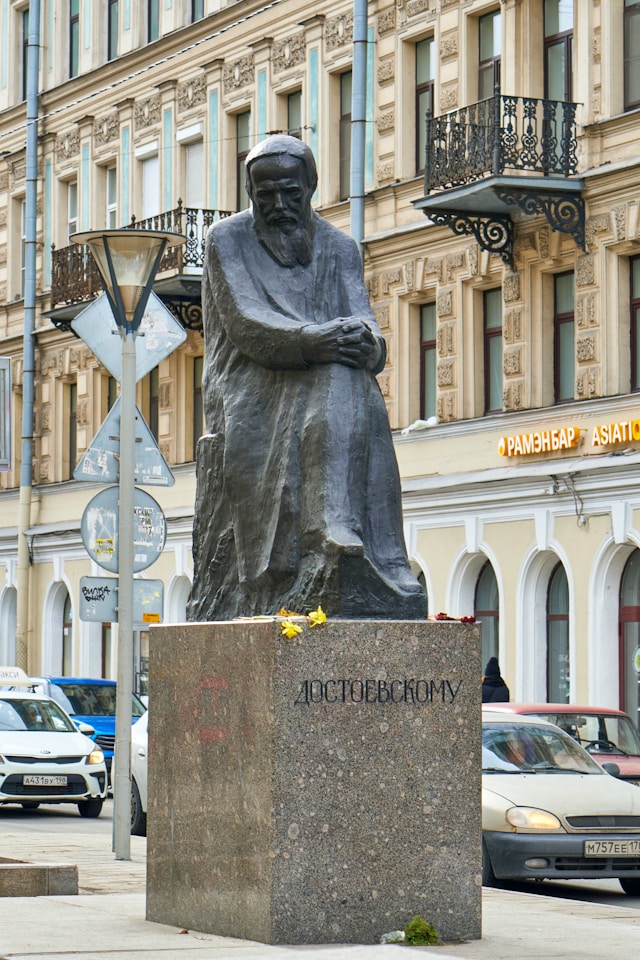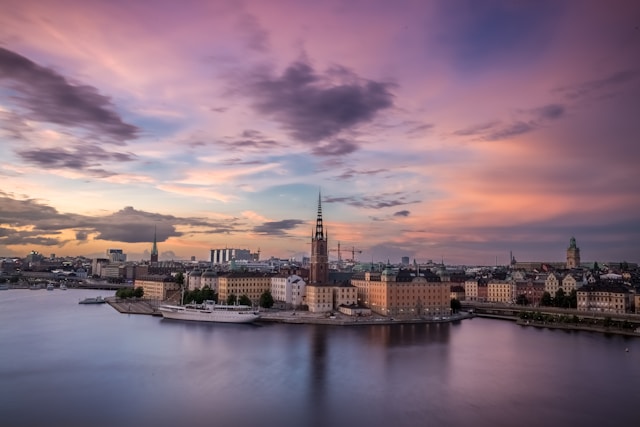"He who walks with integrity
and practices righteousness,
who speaks the truth from his heart,
who has no slander on his tongue,
who does no harm to his neighbor,
who casts no scorn on his friend"
Psalm 15: 2,3. (BSB).

A special thanks to https://unsplash.com/@kellysikkema for the use of the image
Their Hearts Grew Softer: A Lesson on Being Human
In the sun-scorched hills
of Judea, nestled in the small village of Bethany, lived a devout, God-fearing
couple known throughout the village for their dedication to the synagogue on
the hill that overlooked their community. The husband, a skilled carpenter with
hands hardened by years of working wood and stone, had repaired nearly every
home in Bethany. The wife, a gentle woman of learning, taught the children of
the village, filling their minds with the Torah and their hearts with stories
of God's miracles.
From the outside, they
appeared as pillars of faith. They were always present at the synagogue, with
the husband's deep voice rising above the others as he sang psalms, and the
wife's quiet prayers comforting those in need. They organized village gatherings,
led Torah studies, and ensured that every widow and orphan was cared for
according to the Law of Moses.
The people of Bethany
admired their devotion, often turning to the couple for guidance. "The
Lord has surely blessed them," the villagers would say, watching the
couple go about their duties, always busy with good deeds. But behind the
closed doors of their stone home, nestled at the edge of the village, another
story began to unfold.
Though they were devoted
to the synagogue, the couple developed a growing habit of speaking about others
behind their backs. It began innocently, as many things do. After the Sabbath
service, they would walk home along the dusty path leading through Bethany,
reflecting on the day's events.
"Did you notice how
late Simon arrived today?" the husband would murmur as the sounds of the
service faded into the distance.
The wife nodded,
adjusting her shawl against the desert breeze. "Yes, and he didn’t look
well. It’s a shame, really… he’s not been the same since his wife passed. We
should keep him in our prayers."
At first, their words
were cloaked in concern, an expression of care for their neighbours. But over
time, the concern turned into something else. The remarks grew sharper, less
about prayer and more about judgment. As they sat by the oil lamps in the evenings,
their conversations often shifted toward the villagers of Bethany.
“I’ve heard that Miriam’s
daughter has been seen speaking with the Roman soldiers,” the wife would say,
her voice low. “People are starting to wonder if she’s been influenced by their
ways.”
The husband shook his
head. “It's no surprise. The girl was always rebellious. This is what happens
when the parents fail to uphold the Law properly.”
They felt justified in
their talk, believing it was merely to keep each other informed and to pray for
those who had strayed. But in truth, their words carried a sting, and the
whispers they spread began to drift through Bethany like the dry wind blowing
from the wilderness.
It wasn’t long before rumours
began to take root in the village. Quiet suspicions turned into gossip that
passed from house to house. Soon, the people of Bethany began to view one
another with suspicion, not knowing where the rumours had started but feeling
their effects all the same.
One Sabbath morning, the
rabbi delivered a sermon unlike any the couple had heard before. Standing
before the congregation, his voice sombre, he spoke of the power of the tongue.
"The scroll of
Proverbs tells us that life and death are in the power of the tongue," the
rabbi said, his voice resonating in the stone chamber of the synagogue.
"Gossip, my friends, is like a serpent’s bite. It poisons relationships
and tears communities apart. When we speak ill of others, even under the guise
of concern, we sin against God’s command to love our neighbour."
His words hung in the
air, as heavy as the heat outside. The couple sat stiffly in their seats,
exchanging uneasy glances. It felt as though the rabbi's words had been
directed at them, piercing through the layers of self-righteousness they had
built over time.
As they walked home after
the service, the usual chatter between them was absent. The desert wind
whispered through the olive trees, and the only sound was the shuffle of their
sandals on the dusty path. Finally, the husband broke the silence, his voice quiet.
“Do you think he was
talking about us?”
The wife hesitated. “I
don’t know… but I’ve been thinking. Perhaps we’ve allowed our words to become
more judgmental than kind. We’ve spoken as if we were above others.”
The husband nodded, his
brow furrowed in thought. “Yes. We’ve let pride take root in our hearts, hiding
it behind concern for others.”
That evening, as the oil
lamps flickered in their home, there was no idle talk of their neighbours, no
whispered judgments. Instead, they sat in silence, reflecting on the rabbi's
sermon and the weight of their own actions.
The next Sabbath, as they
made their way to the synagogue, they were filled with a new resolve. This
time, their prayers were not just for the people of Bethany but for their own
hearts. They asked for forgiveness—not just for their words, but for the pride
that had crept in, making them believe they were better than those around them.
In the months that
followed, they worked to change. They remained active members of the synagogue,
still teaching and helping their neighbours, but their hearts were softer. They
learned to hold their tongues, to listen without judgment, and to view their
fellow villagers with kinder eyes.
The people of Bethany,
unaware of the couple’s inner struggle, continued to look to them for guidance.
But now, their faithfulness was no longer just an outward display—it came from
a deeper place of humility and The Goodwill of God. And in time, their story
became a quiet reminder to the village: even the most devout must guard their
hearts, for it is easy to lose sight of The Goodwill of God, even in the
holiest of places.
-------
Note: The story does not resemble anyone dead or alive; It was written for my own benefit and a reminder what I personally must apply in the moral of the story.
























